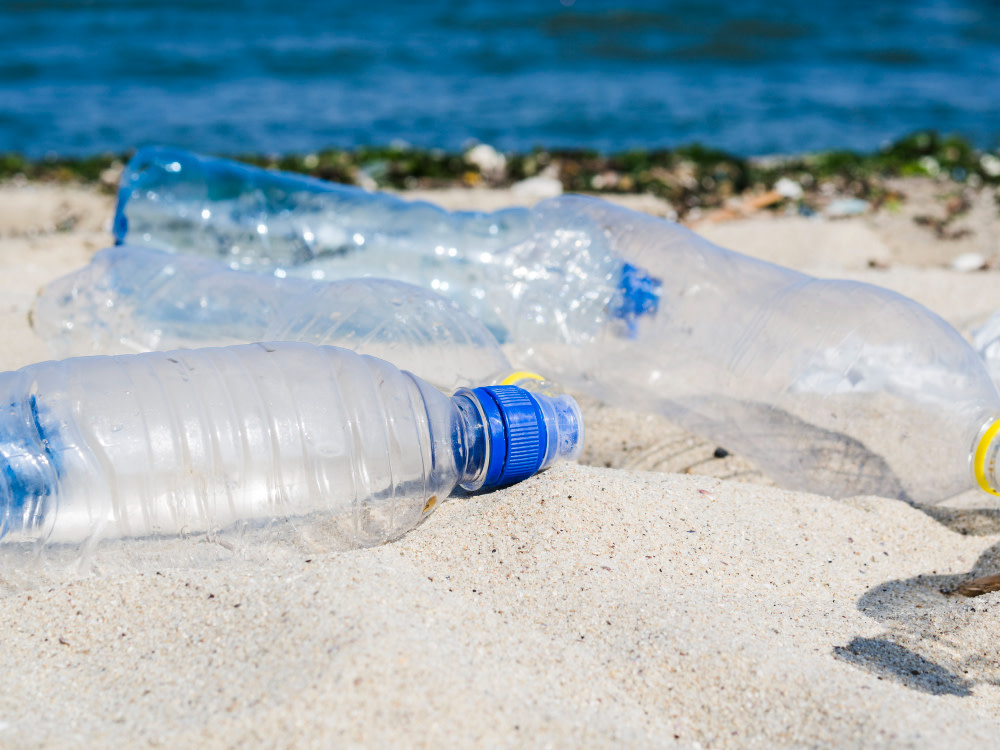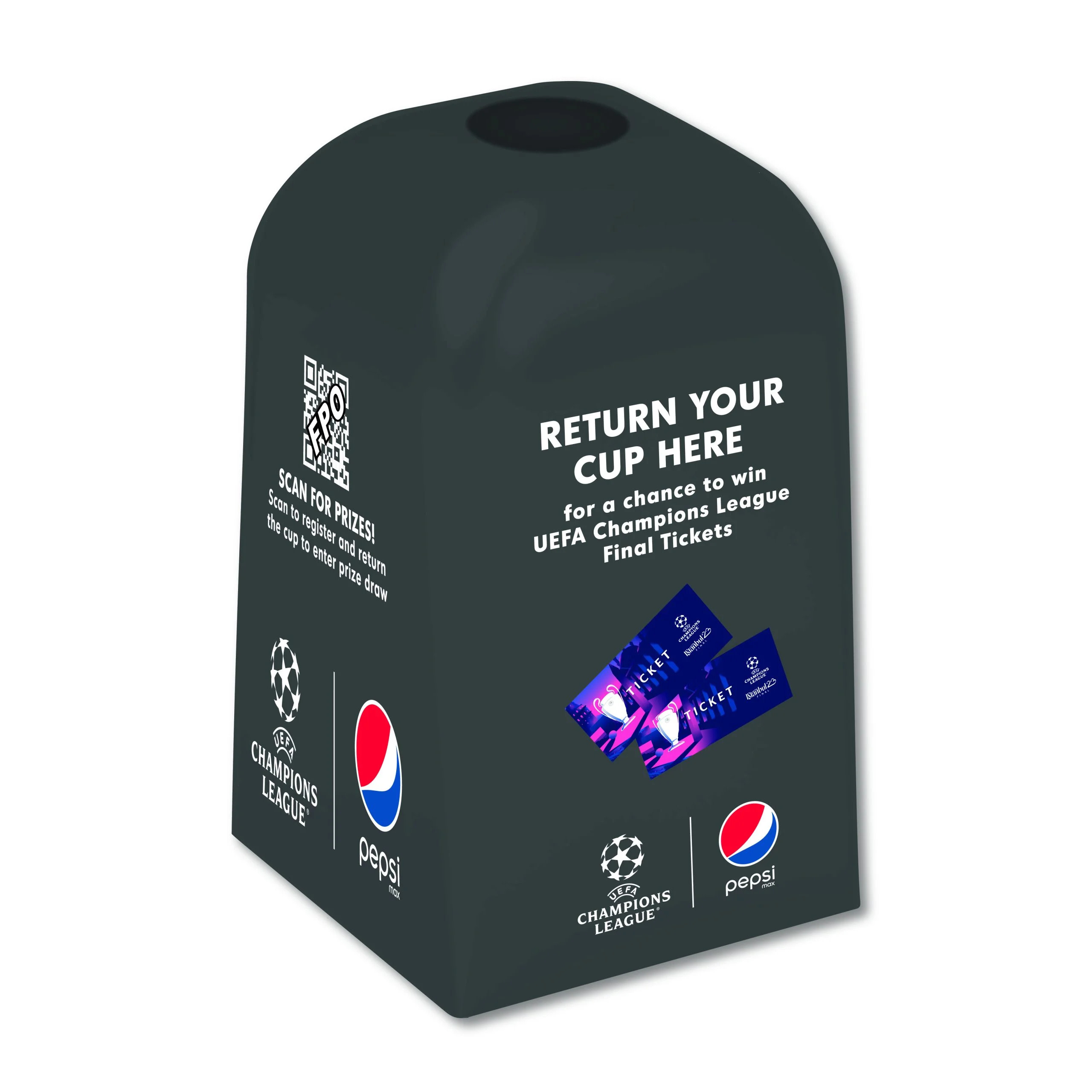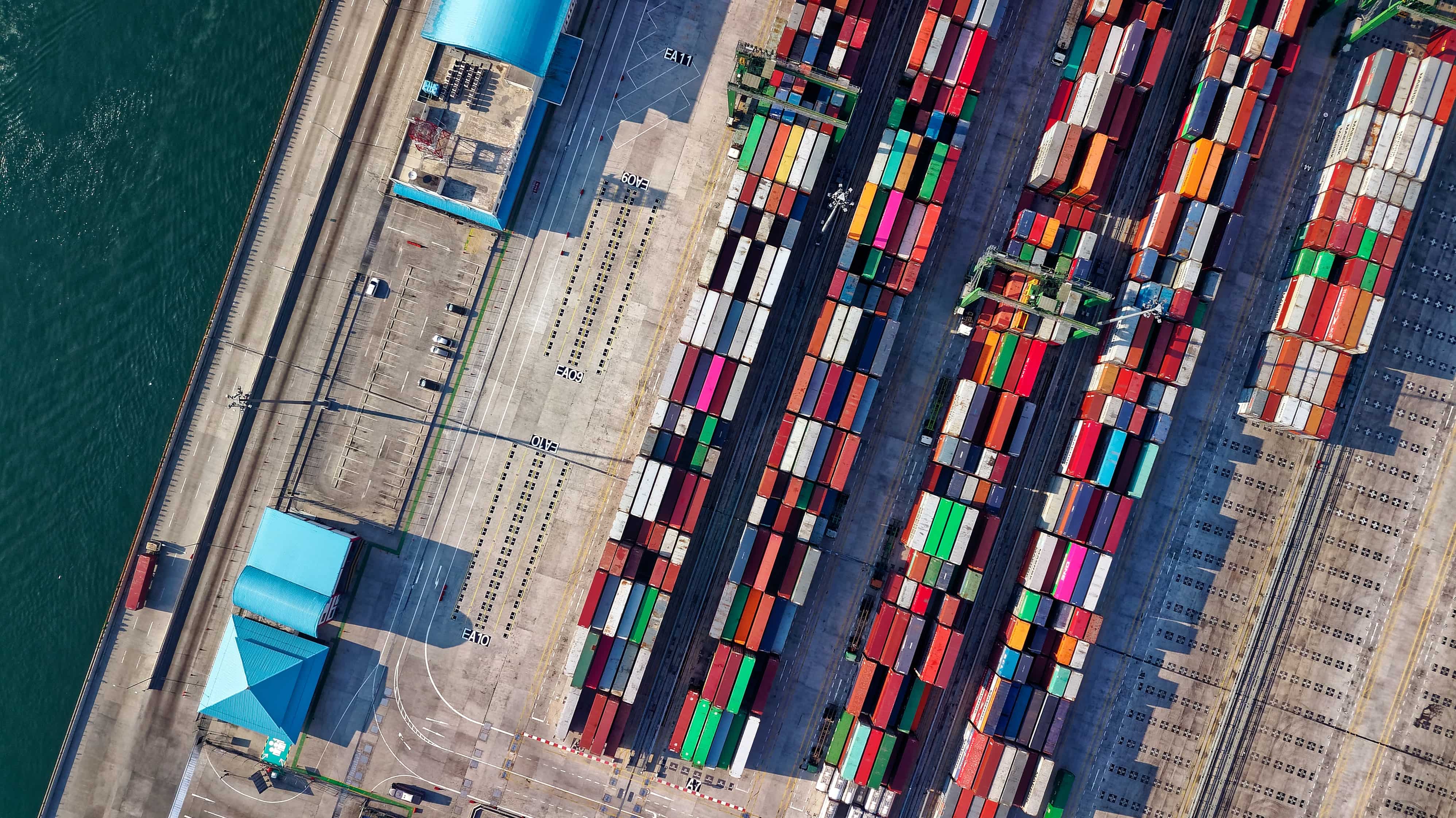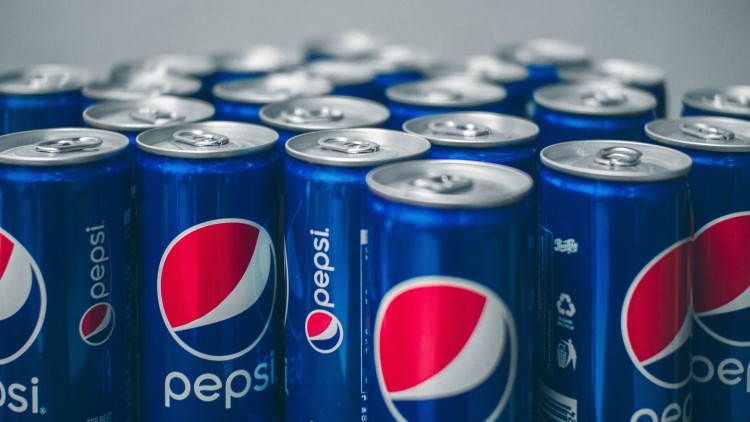PepsiCo Accused of Plastic Pollution in New York
PepsiCo, Inc.

New York state has filed a lawsuit against PepsiCo, accusing the global food giant of contributing significantly to plastic pollution in Buffalo River, resulting in water contamination and harm to wildlife. The legal action identifies PepsiCo as the primary contributor to the issue.
PepsiCo's spokesperson responded to the allegations, stating to the BBC that the company has been openly sharing its efforts to reduce plastic usage. The lawsuit comes in the wake of similar accusations against Coca-Cola, Danone, and Nestle for allegedly making deceptive claims about the eco-friendliness of their plastic bottles.
As the world's second-largest food company, PepsiCo is not alone in facing legal challenges from local authorities regarding environmental impact. Large corporations, including PepsiCo, have been accused of "greenwashing" — presenting products as more environmentally friendly than they truly are, potentially misleading consumers who aim to make eco-conscious choices.
Attorney General Letitia James emphasised that no company, regardless of its size, should be exempt from ensuring that its products do not harm the environment and public health. A survey conducted by her office along the Buffalo River revealed that PepsiCo's single-use plastic packaging constituted the most significant portion of identifiable plastic waste, accounting for over 17 per cent of the 1,916 pieces collected.
McDonald's and Hershey's were among other identifiable brands contributing to plastic pollution. New York state asserts that PepsiCo, with its production of at least 85 beverage brands and 25 snack food brands primarily packaged in single-use plastic containers, plays a substantial role in the issue.
In response, PepsiCo released a statement expressing its commitment to plastic reduction and effective recycling, emphasising the complexity of the problem and the need for collaboration among businesses, municipalities, waste-reduction providers, community leaders, and consumers.
The lawsuit additionally claims the detection of microplastics in Buffalo's drinking water supply, warning of potential adverse health effects, ranging from reproductive dysfunction to inflammation of the intestine and neurotoxic effects.
To view and compare company ESG Ratings and Sustainability Reports, visit our Company ESG Profiles page.
Source: BBC






